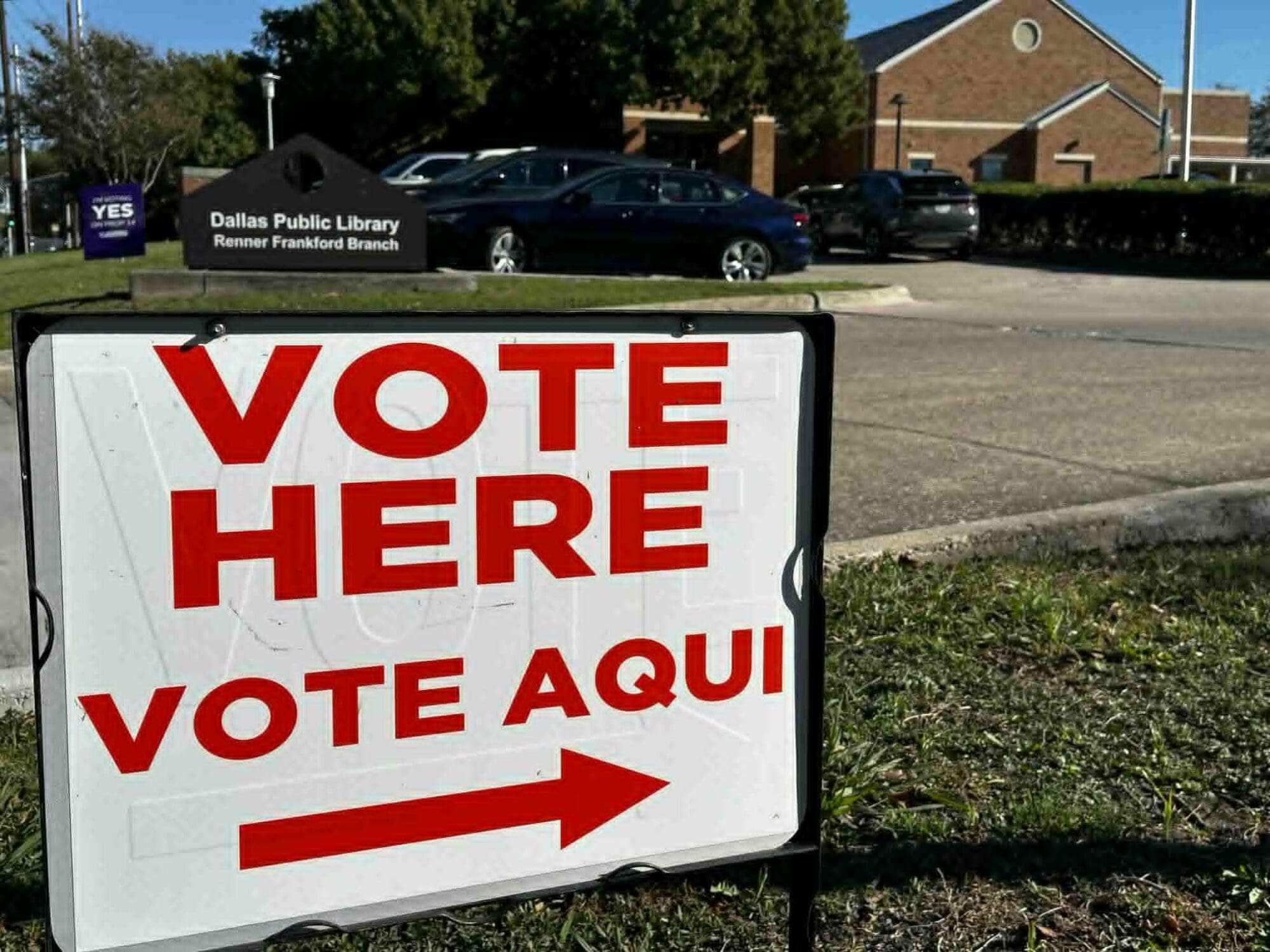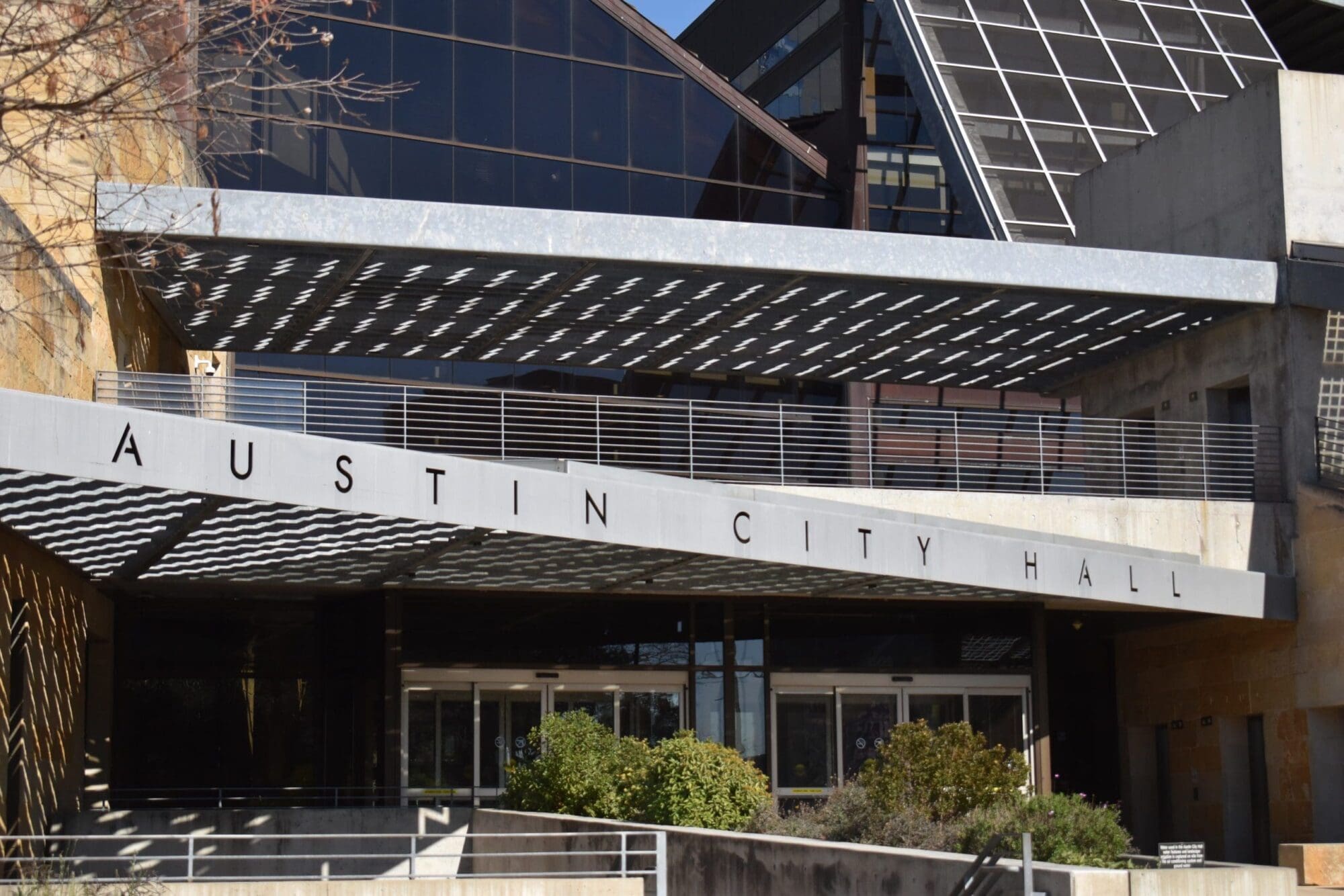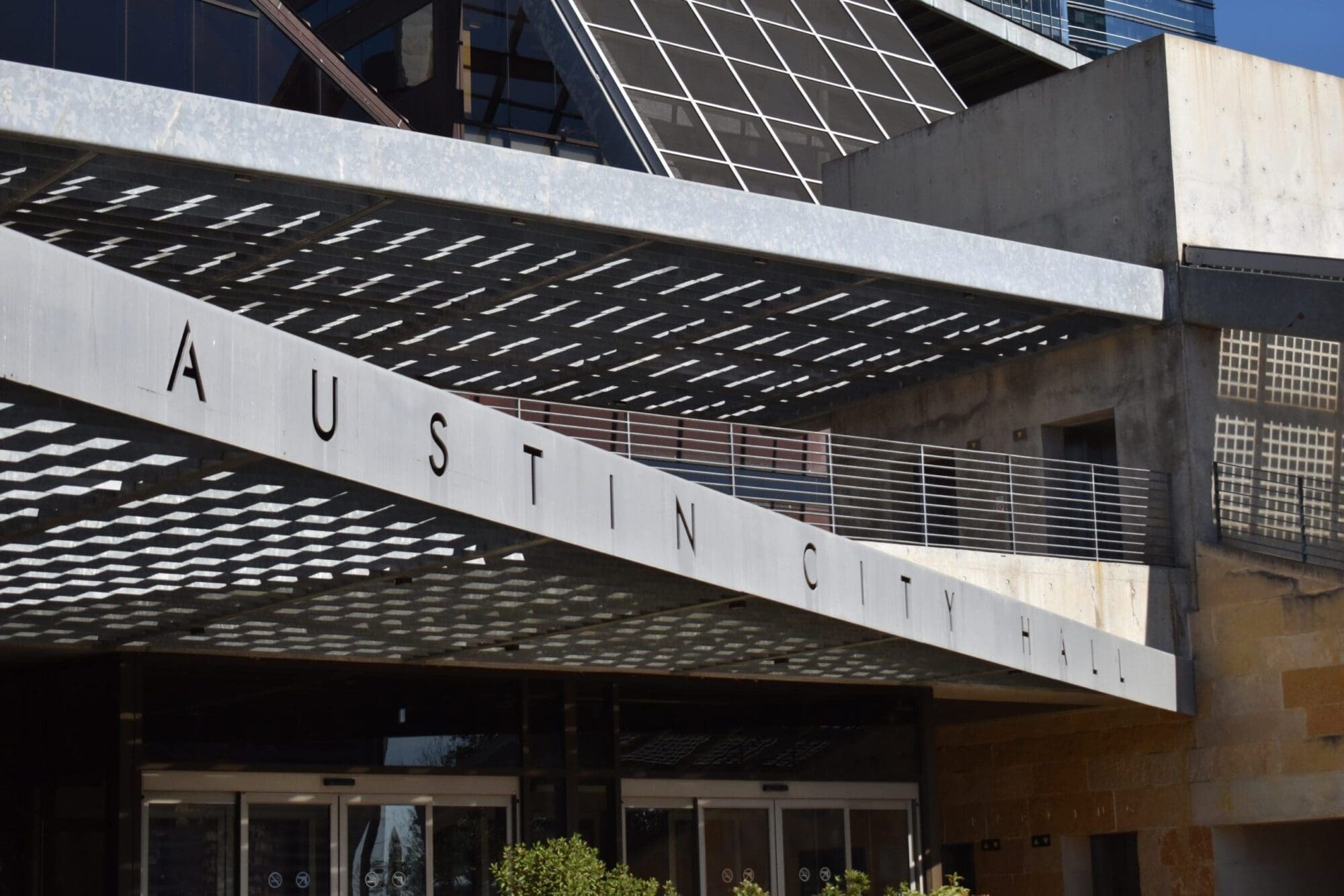As Texans’ property taxes continue to rise, the Texas Legislature took no decisive action to lower them across the board. Three experts discuss what the Legislature actually accomplished and what citizens should ask for in a special session.
“We have a lot of people who are being taxed out of their homes, and that is wrong at every level,” James Quintero of Texas Public Policy Foundation told Texas Scorecard.
For a full analysis in light of the recent legislative session, Texas Scorecard interviewed Quintero, North Texas realtor Chandler Crouch, and Tim Hardin, the executive director of Texans for Fiscal Responsibility.
What the Legislature Did
“This session’s results were mixed,” Quintero said.
“It’s little nitpicky things: transparency and protections during a disaster and chicken coops,” Hardin said, referring to HB 2535, which keeps chicken coops off of Texans’ property tax appraisals. “They’re steps in the right direction, but … none of this comes even close to making significant property tax relief.”
The best thing Hardin saw was lawmakers’ failure to extend Chapter 313 tax abatements, which are set to expire in 2023. “School districts are able to give property tax abatements or exemptions to businesses that promise to bring a certain number of jobs to the area,” he said. “Any time you exempt anybody from a property tax, guess who has to bear the burden of that exemption? The rest of the taxpayers.”
Crouch discussed passed bills that he likes, two of which are proposed amendments to the Texas Constitution. Senate Joint Resolution 35 expands the current homestead tax exemption to include surviving spouses of service members fatally injured in the line of duty, along with those killed outright, and House Joint Resolution 125 extends the current homestead school tax limit for disabled individuals to include surviving spouses who are at least 55 years old and reside at home. Citizens will vote on these on November 2.
He also praised parts of Senate Bill 63. “[The chief appraiser is] now going to be forced to respond to exemption requests within a 90-day window,” Crouch explained. He also said HB 988 “takes care of a significant problem, which is that if you file a [property appraisal] protest, there currently is not a law that requires the appraisal district to actually schedule a hearing within a certain amount of time,” he said. “[The bill] was amended to close a loophole that allows the Appraisal District Board of Directors election to be rigged.”
Quintero named three bills he described as “the top wins on property tax.”
“You had some local entities over the course of the last year act against the taxpayer by adopting tax rates that brought in more than 3.5 percent revenue increases without voter approval,” he said. “What the Legislature did basically [is] say an epidemic, and a pandemic, does not qualify for an event that allows you to exceed that limit without voter approval, and that was SB 1438.”
Quintero also discussed HB 1869, which requires local governments to count certain types of debt repaid by property taxes toward the voter approval rate (the property tax rate in a given year that, if adopted, triggers an election because property tax revenues would increase by at least 3.5 percent from the year before). “What was happening is you had certain nonvoter-approved debt instruments, things like certificates of obligation (CO), being used at the local level in a way that circumvented that 3.5 percent limit,” he said. “What we helped the Legislature do is say that at least some types of CO debt now count toward that 3.5 percent limit.”
While Quintero is disappointed carve-outs were added to the bill, he is ultimately glad that the bill passed. “I think at the end of the day, we got a good incremental step in the right direction that protects taxpayers from this property tax loophole that was being abused at the local level.”
He also mentioned SB 1427. “It basically stipulates that in order for a temporary tax exemption to apply, you have to have an instance where there is physical damage, not just economic damage,” he said. “This kind of goes hand in hand with SB 1438.”
Quintero also said the Legislature maintained “property tax relief” provided in 2019. With data showing property tax bills are continuing to rise, he was asked to clarify what he meant by “relief.”
“One of the issues … is that the property tax system, as a whole, largely operates at the local level. And what cities, counties, and school districts have continuously refused to do is to adjust tax rates downward to compensate for rising appraisal values,” he said. “The Legislature has done, I think, a commendable job to work within the current system to see that tax relief is provided; but, unfortunately, local officials continue to act with aggression towards taxpayers.”
Hardin was asked about what the Legislature did in 2019.
“Relief is a reduction in property taxes, where reform—which is what I would say they did—is a changing of the system and making improvements. And I would definitely say what they did was an improvement,” he replied. “But, as is the case most of the time with the Legislature, it was not what they were instructed to do. They did the bare minimum. They still are allowing cities to raise taxes on homeowners.”
Special Session
With reports that Gov. Greg Abbott will call multiple special sessions, what should citizens ask him to put on legislators’ to-do list regarding property taxes?
“Property tax cuts,” Quintero replied. “We need people to not only see the tax relief that was gained in 2019 continue, but we need people to actually see meaningful reductions in their tax bills moving forward.”
“If citizens are going to call and voice their concerns, they need to say, ‘Listen, you need to tie cities’ hands, and we want our property taxes reduced. I want to pay less next year than I pay this year,” Hardin advised.
“If it were up to me, I would pass a law to cap the amount of [property value] increase at a lower level,” Crouch said. “It needs to be 5 percent maximum for homesteads, and then 10 percent for all residential property. That would be the No. 1 thing that I think would have the biggest impact.”
“We need to also reform the property value study that the comptroller does,” he added. “It incentivizes the appraisal district to artificially inflate values.”
Lawmakers are also likely to revisit the Chapter 313 tax breaks to businesses during a special session.
Concerned citizens may contact Gov. Abbott, their state senator, and their state representative.





